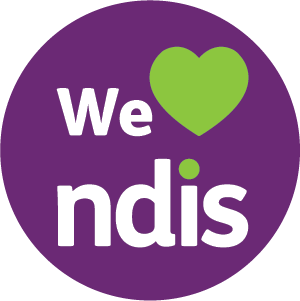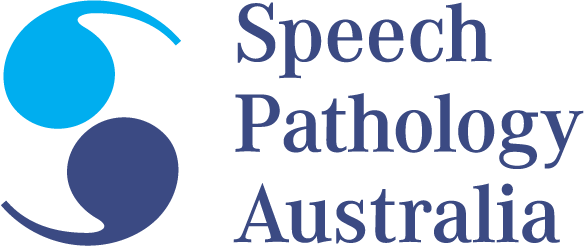I'm so confident in the effectiveness of this approach that I want to remove all the risk from your decision.
Enrol in the HelpMeTalk! Parents Course today, go through the course and join us on our live streams.
If the course simply isn't what you expected, or you're not satisfied for any reason—just let us know. We'll refund your investment in full. No complicated forms. No intrusive questions. (Though we would appreciate optional feedback on why you thought it wasn't for you.)
The HelpMeTalk! Parents Course provides evidence-based strategies that Speech Language Pathologists recommend for supporting communication development in children 12-48 months old.
These aren't experimental techniques or unproven theories. They're the same approaches I use in my clinical practice every day—just translated into simple, parent-friendly language and actionable steps.
Combined with our live streams and ongoing support, we're confident you'll find exceptional value that exceeds anything else available for parents of speech-delayed children.
Your child deserves the best support you can provide. And you deserve to make this decision with complete confidence.
That's exactly what this guarantee provides.
Professional Note: This course bridges the gap between first concerns and professional speech therapy. While it provides valuable techniques and strategies, it is not a replacement for treatment when needed. Guidance is included on when to seek professional services.
Questions?
Join me on our next live stream, where I answer parents' questions about helping their children's speech development. Enrol now to get immediate access.


